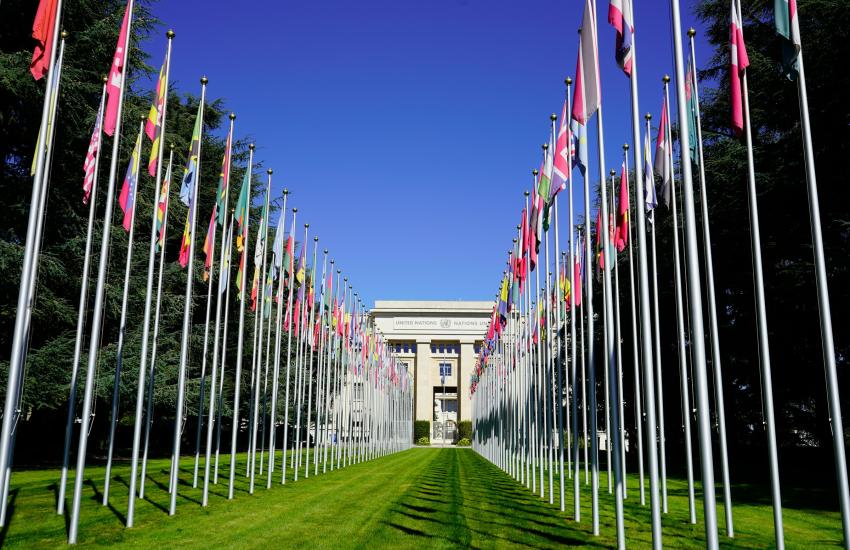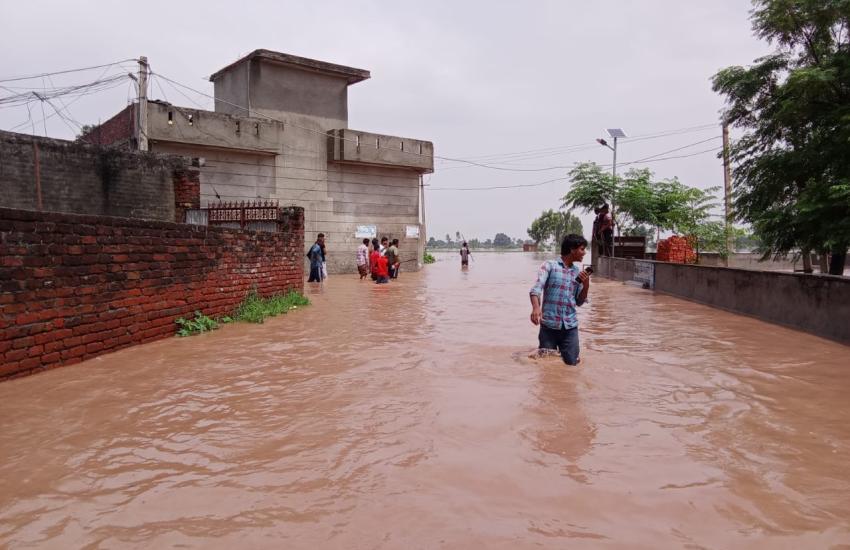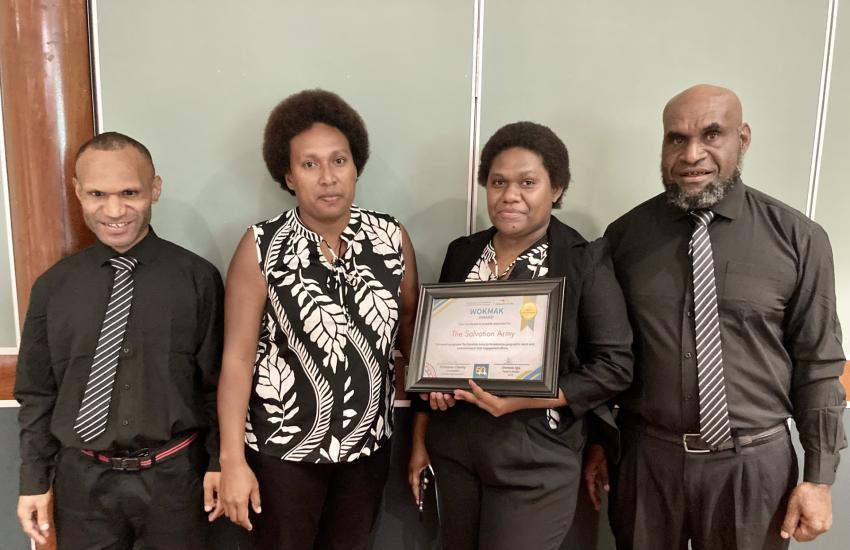SALVATION Army emergency service workers and volunteers in Brazil worked around the clock for almost two weeks at the scene of a mudslide which swept through Morro do Bumba in the city of Niteroi, near the capital, Rio de Janeiro. More than 225 people are known to have lost their lives in the disaster.
Within 12 hours of the mudslide Salvation Army teams were in place, providing support 24 hours a day for 10 days then for 10 hours a day over the final three days of the emergency response.
Thousands of meals and drinks were served to firemen, civil defence personnel, military police and general disaster workers who had been removing earth in their search for the bodies of those killed by the mud. More than 5,000 people were assisted at the main site and in excess of 2,000 members of the local community were helped.
Colonel José Paulo, commander of the fire brigade, praised the consistently excellent quality of food and assistance provided by The Salvation Army. Another fire brigade leader told one Salvation Army officer that in his 35 years as a fireman he had never received support as good as that provided by The Salvation Army during this response. He urged the Salvation Army teams to continue their work at the frontline, saying: 'The way you treat us is so calm and courteous. Your smiles mean that you not only feed our bodies but also feed our spirits and souls.'
During an interview with a reporter from the television show Good Morning Brazil Major Philippa Chagas of The Salvation Army said it was a privilege to be of assistance to the disaster workers, providing physical and emotional support. The excellent coverage of The Salvation Army's work in the media led to an increase in donations and offers of voluntary help which allowed Salvation Army team leaders to extend their assistance into more of the communities affected by the mudslides.
Clothes, cleaning kits, school packs, mattresses, hygiene items and food were distributed to people in eight communities.
The Salvation Army emergency teams were mainly comprised of personnel from territorial headquarters and the officer training college in São Paulo. Soldiers from Niteroi Corps (church) were also involved, as were many volunteers.
While The Salvation Army had to purchase much of the supplies the community also donated a considerable amount, with one Presbyterian church in São Paulo donating more than US$1,500 and providing six volunteer workers.





